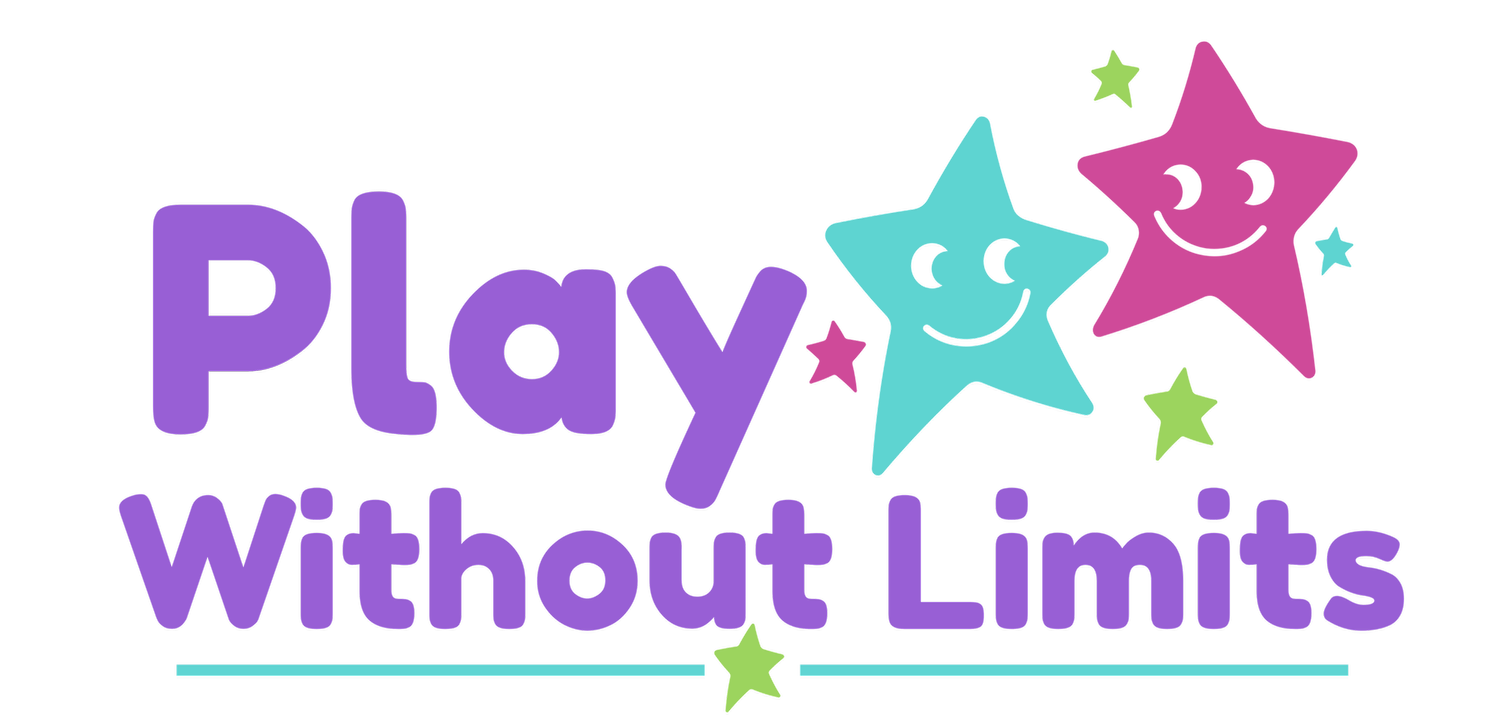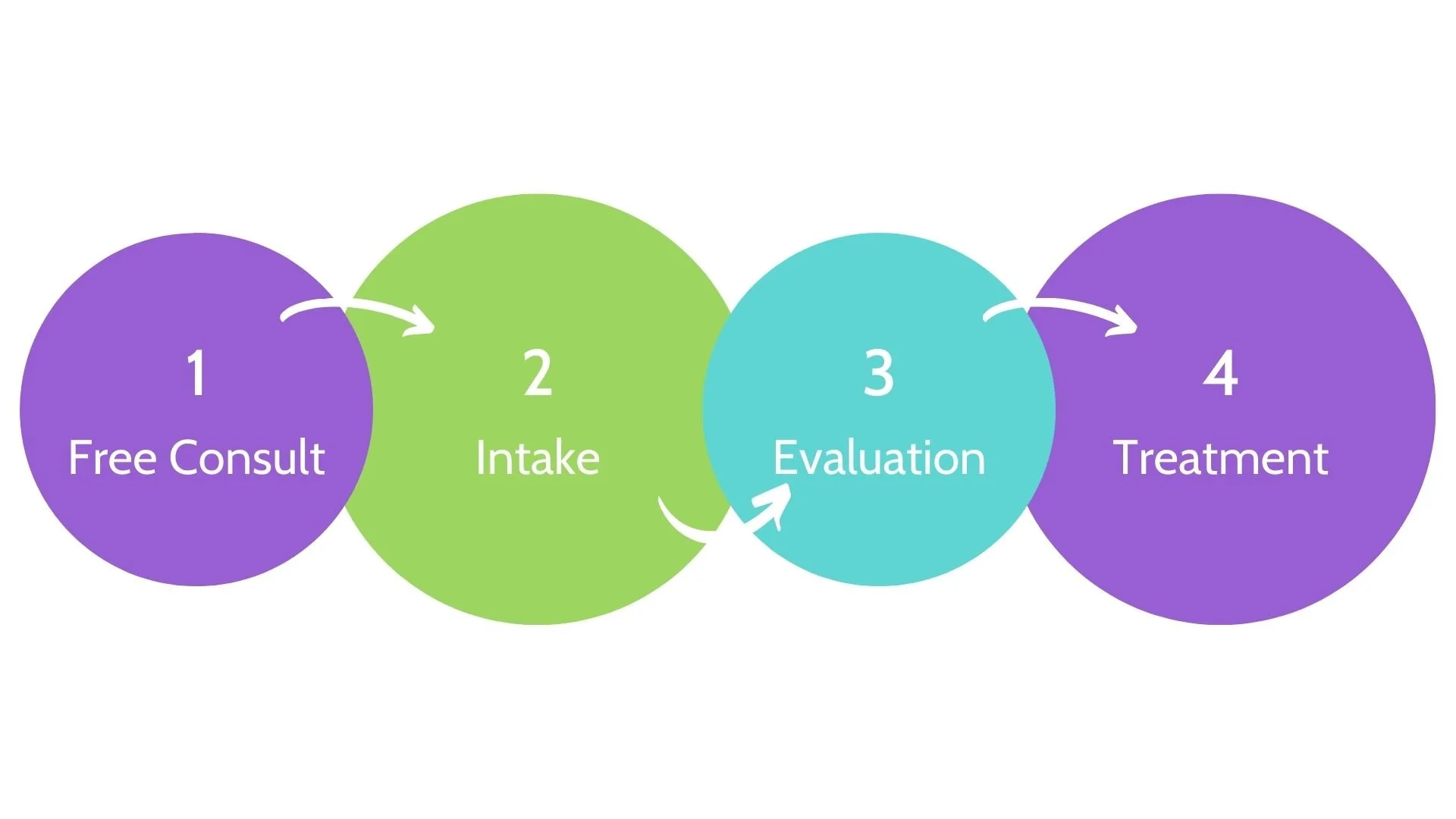
Occupational Therapy
Using play to tackle daily difficulties
When you’re a parent of a child who struggles with mealtimes or meltdowns, it can be distressing. You’re trying to figure out what’s going on, frustrated by the extra time required during each mealtime, and this daily struggle impacts your whole family.
Add to that wondering what you can do today to help your child for the future.
This is where occupational therapy can help – not only for your child but your whole family.
Occupational therapy is all about finding ways to improve everyday life through practicing skills, finding new ways to do something, or empowering caregivers. For children, the every day involves skills from eating, attending school, and following a family routine. And mainly, a child’s role is to learn and grow through play!
Our approach looks at the whole child. We consider their environment, support system, and developmental skills for each age to understand feeding challenges. We help your family to have a happy daily mealtime routine.
Remember, if you have questions, just reach out, and we’ll help you decide if our services are right for you.

Feeding Therapy
-
Signs of sensory-related feeding issues:
Dislike the textures of certain foods
Won’t eat food with mixed textures
Upset with food touching face or fingers
Food gets stuck in mouth
Our focus is on teaching caregivers strategies for positioning your child, selecting food, and making mealtimes more playful so that each meal can become a positive experience for tackling feeding challenges.
When it comes to feeding issues, we celebrate each step of progress. Let’s partner together to turn your worries and food battles into positive mealtime experiences.
If you have concerns about your child’s feeding, you can also fill out this questionnaire and send us the results to info@pwltherapy.com.

Emotional Control
-
Signs of sensory-related regulation issues:
· Difficult to calm down once upset
· Easily melts down with the unexpected or frustrating
· Too much energy leads to getting out of seat, constant movement or talking, or difficulty sleeping
· Too little energy leads to daydreaming, poor engagement, or dawdling through routines
Everything changes once you and your child learn the concepts of self-regulation. We’ll teach you what you need to know.
It’s not all about specific skills. We address the backdrop of general sensory processing issues that challenge your child across multiple areas. Sensory processing refers to how your child’s brain and body work together to understand and respond to all the information the senses gather from inside and outside the body.
We make sure you understand your child’s sensory needs and feel empowered to provide the right activities in your home or local park.

Sensory Integration
School or Telehealth sessions.
We have openings for in-school (FL), telehealth sessions (FL or GA), or a combination of both.
Therapy sessions that are completed online are from the convenience of your own home. Making it easier to schedule, plus avoiding the drive time, wait time, and germs associated with attending therapy in the clinic.
And it's not all about convenience. Telehealth occupational therapy can be more effective by using the opportunity to meet different family members, see your space, and experience your daily life.
With this better understanding, we can practice skills for results that carry over beyond the treatment session. Telehealth occupational therapy makes it possible for us to bring expertise to people in Florida and California who might not have access to our unique services.
What’s the Process?
1. Free consult: Finding the right fit is important. This quick call is a chance to get to know each other and find out if Play Without Limits is the right service for your family.
2. Evaluation: This part is essential. We set aside time to figure out what is going on with your child. We’ll explore any problems you’re noticing and find the underlying reasons behind those concerns. Then we’ll work together to select goals and ideas for treatment that will be the most helpful.
You should plan for a caregiver to be present during the evaluation. We’ll complete a report of our findings and send it to you within 7-14 days.
3. Treatment: Treatment sessions benefit caregivers as much as children. You’ll end each session with a clear action plan to work on with your child before the next session.




